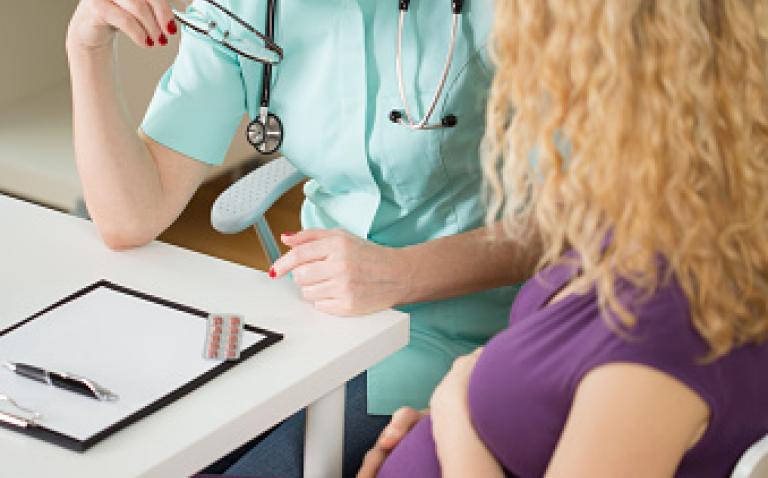A specialist service in Sheffield which treats women from across the north of England who have suffered a rare pregnancy complication has been approved as part of a new Europe-wide reference network.
The Gestational Trophoblastic Service at Sheffield Teaching Hospitals is now part of the European Reference Network in Rare Adult Cancers (EURACAN), and will share expertise and best practice with other European centres to help improve treatment across the continent.
Gestational tophoblastic disease (GTD) is a complication of a molar pregnancy, which occurs in about one in 750 pregnancies. In molar pregnancies the foetus and placenta do not develop properly due to an imbalance of male and female genes (usually caused by an egg which contains no female genetic information being fertilised by one or two sperm, or one normal egg being fertilised by two sperm), and abnormal placental tissue forms. In women who develop GTD the abnormal cells regrow and can become malignant, sometimes requiring chemotherapy treatment.
Sheffield is one of three specialist centres in the UK for treating the disease, and all molar pregnancies in the North of England are registered with the service. About 500–600 cases are registered at Sheffield per year. In most women the condition is monitored to check it is not developing into GTD. About 50–60 require further assessment, and 30–40 chemotherapy or surgery at Weston Park Hospital.
Stephanie Theobald, 35, of Manchester, was referred to Sheffield after she developed GTD following a molar pregnancy. She underwent chemotherapy after her blood tests showed the abnormal cells were spreading, and is now in remission.
She said: “I had never heard of a molar pregnancy, nor knew that it could lead to cancer. To go from thinking you are pregnant to being told you have GTD is just awful. It is like having a miscarriage and being told you have cancer at the same time. My head was all over the place.
“But the specialist nurse at Sheffield explained everything to me in a way I could understand, and that really helped. They were fantastic and offered brilliant support, which made a difficult time easier. I could always pick up the phone for advice.
“To have a specialist service relatively close to home was reassuring. I felt the treatment in Sheffield gave me the best chance of recovery, and I think it is a great idea to have a network that shares that expertise. People with the same disease should be able to get the same quality of treatment.”
John Tidy, Director of the Sheffield Trophoblastic Disease Centre and Professor of Gynaecological Oncology, said: “Sheffield has been at the forefront of managing GTD for 40 years, and over that time we have developed great expertise and been involved in developing national guidelines along with the other specialist centres.
“The result of that is that the UK has the best survival rates in the world, and what we are trying to do now through the network is replicate that system so that all women in Europe can benefit from the best treatment practices.
“The best way to build that wider expertise is to have centres that collaborate and produce European guidance for diagnosis and treatment.”










